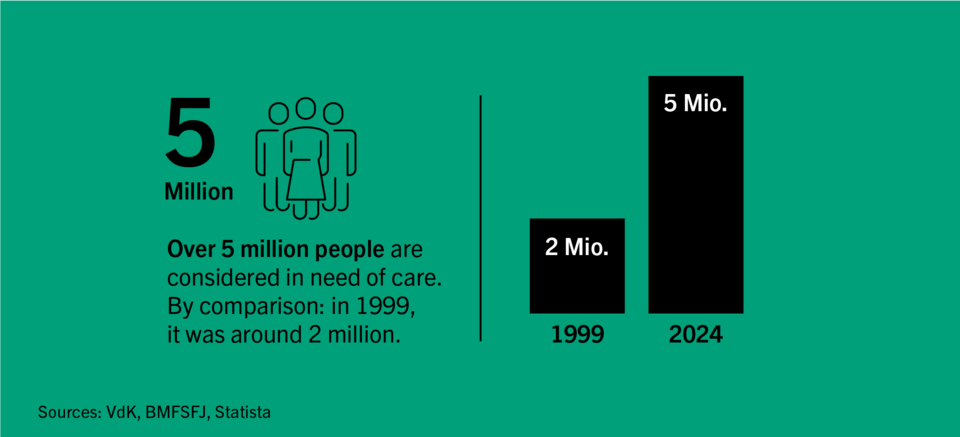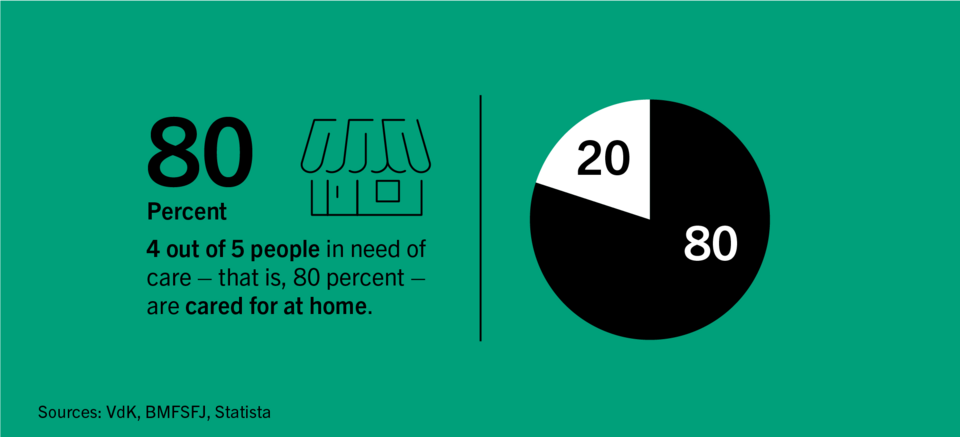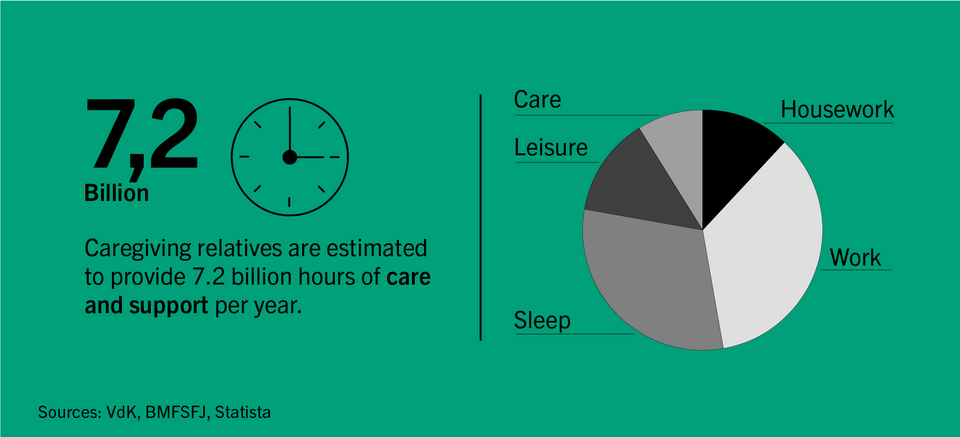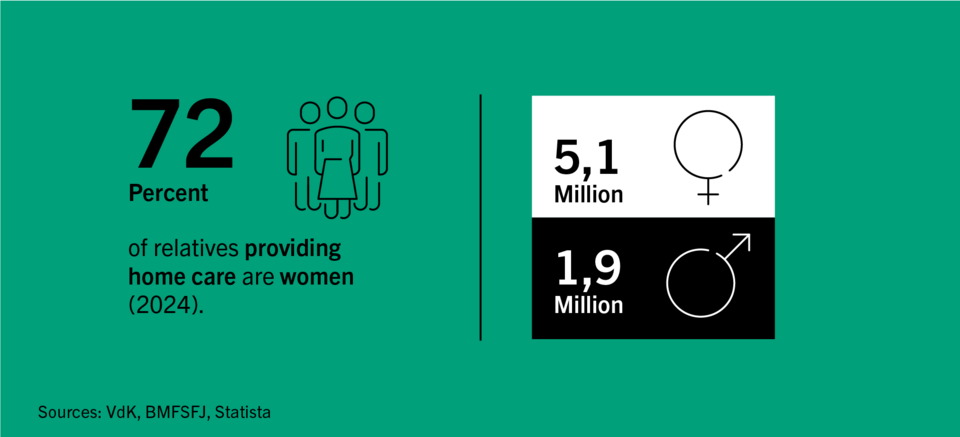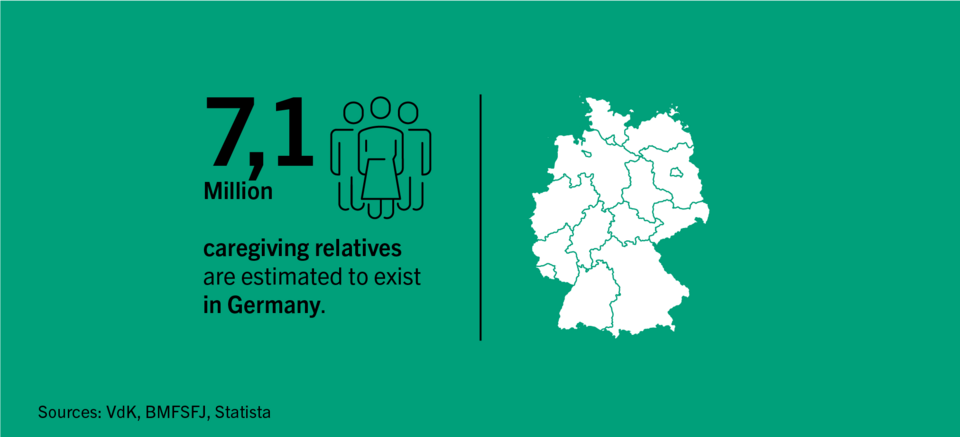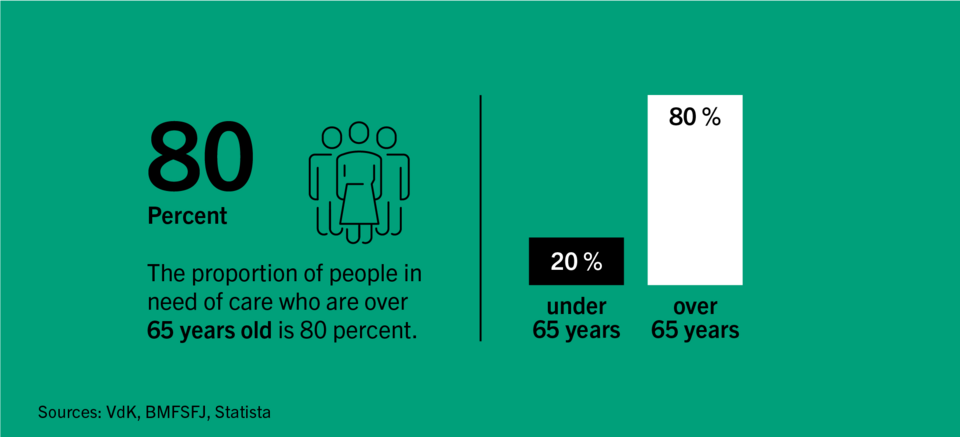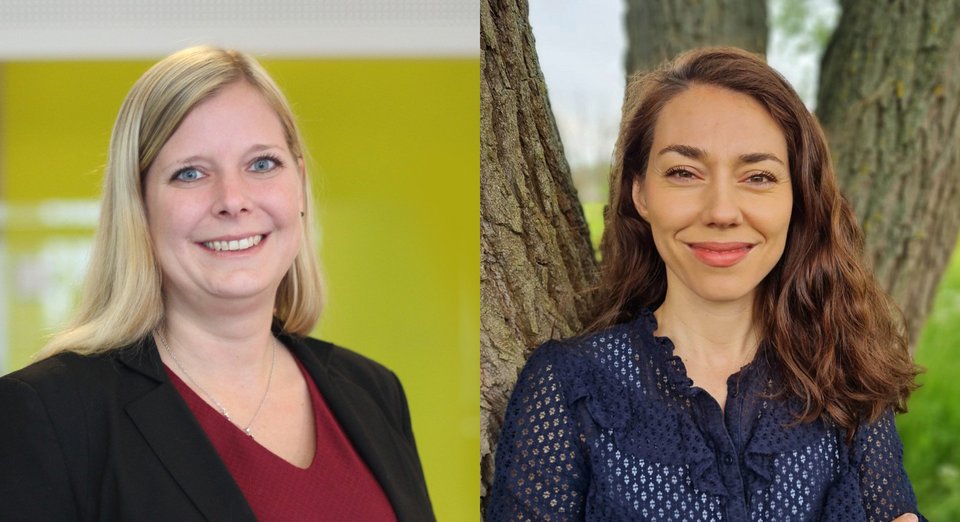
As the company's own "health professionals", Bianca van Wijnen and Elisabeth Heinrichs from Health Management are responsible for and develop measures to support colleagues with home care responsibilities, among other things. A conversation about the importance of the charter for their work and the existing and planned programmes.
one: Bianca, Elisabeth, what does the signing of the charter by board member Daniela Büchel as part of the NRW state programme "Reconciling work and care" mean for us as a company and as employees?
Bianca: For us, the charter is recognition of the fact that we have been developing measures as an employer for many years to reconcile work and caring for family members. It encourages us to continue on this path. We also hope that it will help us to communicate with our employees.
Elisabeth: Yes! Communication is a key issue. As you can see from Debora Angelidu's example, many carers still don't know enough about the help we offer - and, above all, how they can access this help. After all, anyone who has to manage work and caring at the same time, either suddenly or in the long term, needs quick, unbureaucratic and, above all, easy-to-obtain support. And that's what we offer as an employer.
one: According to surveys, working carers would like more flexible working hours and advice on support services, among other things. What do we offer as an employer?
Bianca : We have been certified for years as an employer that favours a good work-life balance. This also includes supporting employees with caring responsibilities as much as possible. We have signed the charter for the measures we already have in place and everything we still want to develop. We offer support for family carers in various areas. Among other things, we naturally offer all the benefits from the Caregiver Leave Act and the Family Caregiver Leave Act and in some cases go beyond this - with the guarantee of being able to return to their original job, provided there are no urgent operational reasons to the contrary.
Elisabeth: Secondly, there are our own REWE Group support programmes for affected employees. Perhaps the most important measure I would like to mention is our cooperation with awo lifebalance. We know of many colleagues who were suddenly confronted with a care situation: One of the worst things - apart from worrying about their loved one - was the amount of organisation and time involved: The search for the relevant care facilities and offices, the collation of information and applications. The awo lifebalance has a hotline where you can get bundled advice from experts on suitable local services or on care issues in general. In other words, help from a single source. This is a tremendous relief for all employees, whether in administration or in the sales department. Another service is provided by the Care ABC: free video courses by experts on all aspects of care that can be accessed at any time.
There is also counselling support from the LoS! initiative, where employees can help employees with specific problems and concerns - or simply lend a sympathetic ear. And we can also call on the B.A.D.'s psychologists to help with the emotional stress that comes with a care situation.
one: Finally, do you have any other offers in the pipeline that you will now implement thanks to the charter?
We are putting together communication packages on the topic of care in coordination with our in-house career and family experts. We are also looking into suitable networks in the area of care.
All of the aforementioned offers for employees who are responsible for caring for relatives can also be found on REWE Group's health platform, Gemeinsam topfit. Employees who are not yet registered can do so here: Topfit.app
You can't do without (in-law) children and (spouse) partners in Germany: over 80 per cent of home care is provided by close relatives. An insight into the figures.

